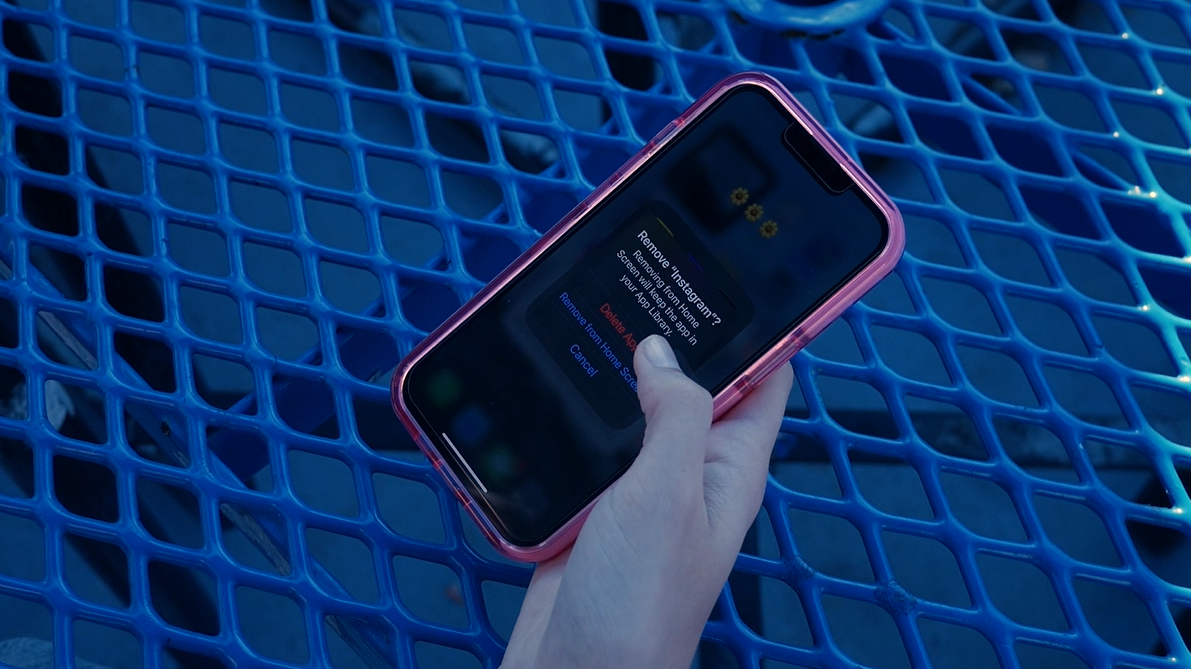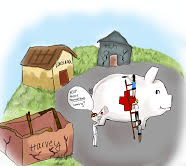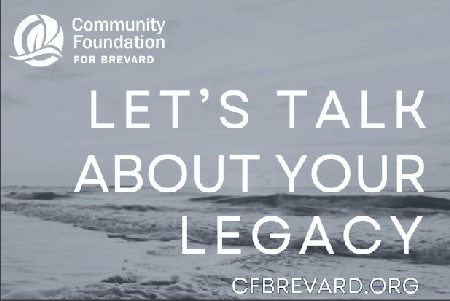Are we hurting or helping hurricane victims?
October 3, 2017
After Hurricane Harvey devastated Houston, Irma rampaged through the Caribbean and Florida and Maria brought destruction to Puerto Rico, people have been looking for ways to help in relief efforts for these places. It’s human nature to want help those in need after a natural disaster, but it can be hard to determine what is the best way to help.
One of the most popular places to donate when trying to aid in relief efforts is the Red Cross. That should be obvious, the Red Cross is one of the main health organization’s world wide. The organization uses prominent people such as former president Barack Obama to get us to open up their wallets and donate. Having such well-known figures to advocate for it makes people think that their money is actually going to go to the victims, but actually, by donating to large organizations, their money might not go to the place they think. In the wake of Harvey and Irma, many news outlets have been urging people not to donate to large organizations, specifically mentioning the Red Cross. Instead, they urge them to donate to smaller organizations that have direct contact to those who need the help.
Donating to smaller organizations is exactly what West Shore is doing. National Honor Society’s project for September was a donation drive for people in Puerto Rico, and they’re asking for items such as batteries, flashlights and bug spray. Other schools in Brevard, such as Melbourne High and Satellite High, are also having donation drives for people in Houston and the Keys, respectively.
While these efforts from schools across Brevard County are inspiring and truly show initiative, another factor that should be considered when starting these drives is if the victims will actually receive what is being donating. It’s easy to think when donating these types of items that they will immediately get shipped and delivered to those who need them. In actuality it’s really a much longer process. After Harvey hit, FEMA published an article urging people not to donate miscellaneous goods because volunteer staff would be redirected from giving direct help to those who need it to instead “sorting, packaging, transporting, warehousing and distributing items that may not meet the needs of disaster survivors.”
It’s admirable that Brevard wants to help the victims of these devastating natural disasters, and although it seems impersonal, sending money is the best way to do so unless a local organization specifically asks for certain goods. If our school and the rest of Brevard is going to do something, we need to make sure what we send will not end up in a landfill, but actually make it to those who need it. And when we think about donating for relief, we should not only remember Florida and Texas, who will be largely supported by the United States government, but the other countries affected that will truly need our help.





















































